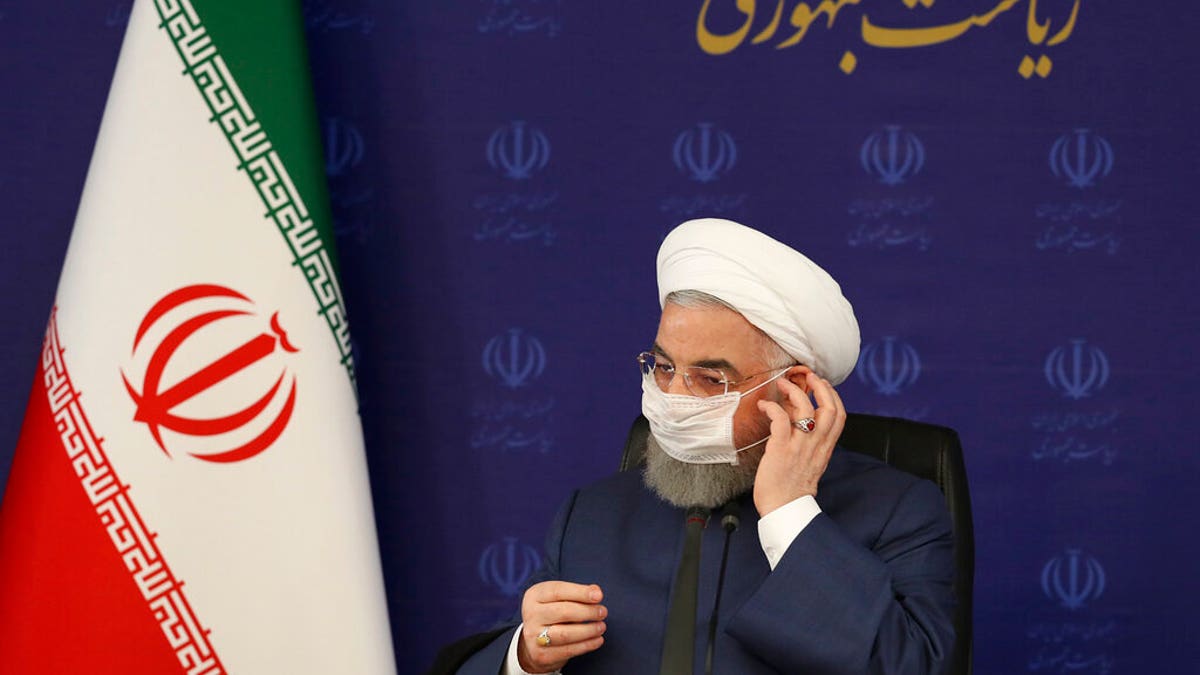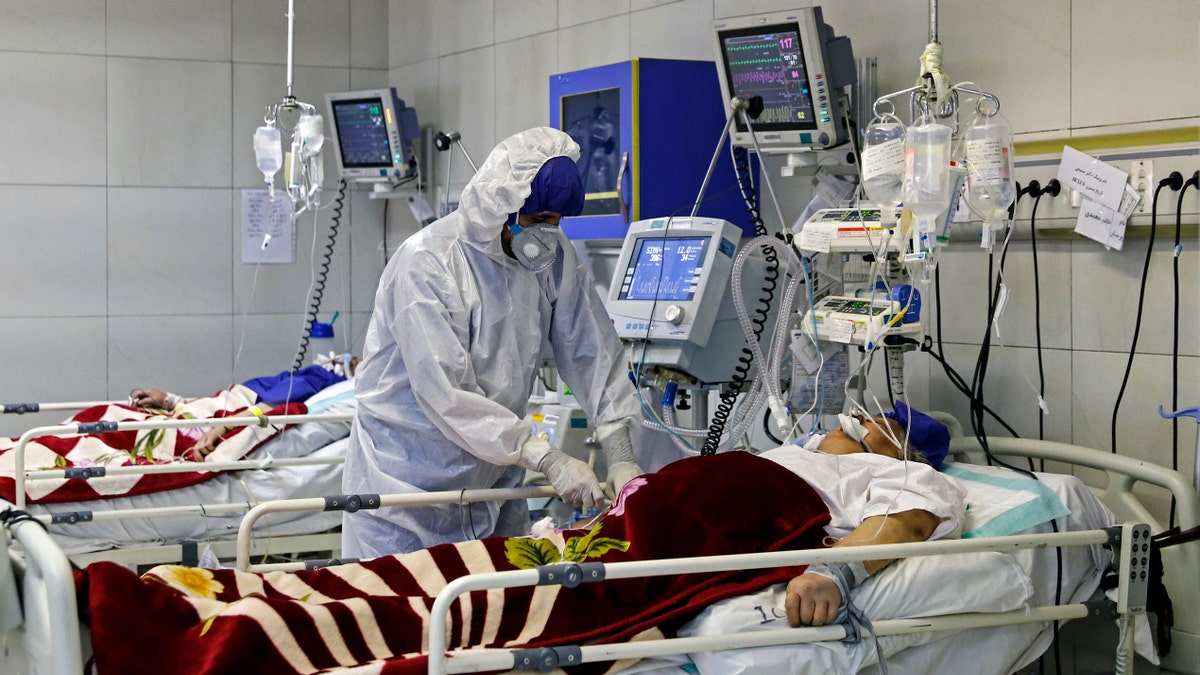While it is no secret that Iran has been the hardest-hit country in the Middle East when it comes to coronavirus – officially termed COVID-19 – infections and deaths, new data shows that the fatality rate is some three times what government officials have claimed.
According to a report by the BBC's Persian service, the regime's own concealed records – which were leaked to the organization by a government whistleblower purporting to expose the truth – indicate that nearly 42,000 people died with Covid-19 symptoms as of July 20, versus the 14,405 reported by the country's health ministry.
"The number of people known to be infected is also almost double official figures: 451,024 as opposed to 278,827," the report surmised. "Tehran, the capital, has the highest number of deaths with 8,120 people who died with Covid-19 or symptoms similar to it. The city of Qom, the initial epicenter of the virus in Iran, is worst hit proportionally, with 1,419 deaths – that is one death with Covid-19 for every 1,000 people."

In this photo released by the official website of the office of the Iranian Presidency, President Hassan Rouhani adjusts his face mask in a meeting of the national headquarters of the fight against the COVID-19, in Tehran, Iran, Saturday, July 18, 2020. He estimated as many as 25 million Iranians could have been infected with the coronavirus since the outbreak's beginning, citing an Iranian Health Ministry study that has so far not been made public, the state-run IRNA news agency reported. Writing in Farsi at top right reads, "The Presidency." (Iranian Presidency Office via AP)
The BBC also highlighted that some 1,916 deaths were non-Iranian nationals.
A PERSON DIES OF CORONAVIRUS EVERY 10 MINUTES IN IRAN, HEALTH MINISTRY SAYS
Since the novel contagion stormed through the beleaguered country earlier this year, much of the outside media and anti-regime activists accused the Tehran leadership of obscuring the real facts and figures.
But why would the Iranian regime attempt to conceal the outbreak from the outset?
"The reason is simple: if there were a rapid response to properly quarantine patients in Iran, there would be a lower turnout for the elections that are presently occurring, and this would mar the appearance of electoral legitimacy that Iran is trying to maintain," Dr. Norman Fried, medical expert, and professor at Columbia University, told Fox News earlier this year.
And even as Iran was known to be battling one of the worst outbreaks in the world back in March, coupled with an ill-equipped health system, its regime rejected life-saving humanitarian aid from the Doctors Without Borders/Médecins Sans Frontières (MSF), reciting an array of conspiracy theories that the France-based NGO was part of a western spy network. Health officials also boldly asserted that Iran had plenty of unused hospital space.
CLICK HERE FOR COMPLETE CORONAVIRUS COVERAGE
However, those wedged inside painted a far more devastating portrait of a country overrun with a burgeoning body count, medical facilities brimming beyond the point of capacity, fearful residents hiding in their homes, and prisons saturated with the sick.

March 1, 2020: A medic treats a patient infected with coronavirus, at a hospital in Tehran, Iran. Even as both face the same invisible enemy in the coronavirus pandemic, Iran and the U.S. remain locked in retaliatory pressure campaigns that now view the outbreak as just the latest battleground. Initially overwhelmed, Tehran now seeks to sway international opinion over U.S. sanctions by highlighting its struggles with COVID-19. (Ali Shirband/Mizan News Agency via AP)
Adding to the contradictions, Tehran also turned away early help from the United States government, while in due course blaming the hefty Washington sanctions for crippling their ability to offer life-saving treatment to their citizens.
"U.S. sanctions do not target imports of food, medicine, and medical equipment, or other humanitarian goods. Iranian documents show their health companies have been able to import testing kits without obstacle from U.S. sanctions since January," State Department spokesperson Morgan Ortagus stated in response.
CLICK HERE FOR THE FOX NEWS APP
As it stands, there are more than 18 million coronavirus cases worldwide, and almost 700,000 people have died as a result of the disease.









































